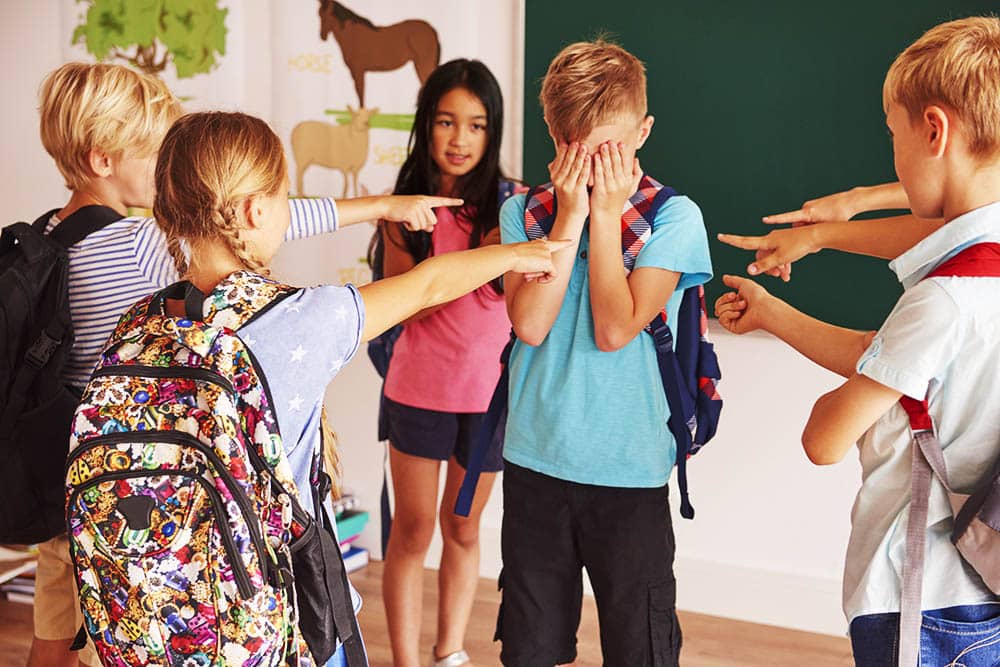The Problem of Discrimination
Discrimination is a persistent problem that has existed in human society since time immemorial. It involves unfair and unequal treatment of people based on factors such as their race, gender, sexual orientation, religion, ethnicity, age, and disability. This discriminatory behavior is often rooted in prejudice and stereotypes, and it can negatively impact the lives of millions of people. It is a pervasive issue and one that needs addressing urgently.
The Negative Effects of Discrimination
Discrimination can have a profound impact on individuals and their communities. It can lead to low self-esteem, depression, and anxiety, which can affect mental and physical health. Discrimination can also impact access to education, employment, and housing, limiting the opportunities available to those who are subjected to it. Additionally, it can lead to a sense of isolation and exclusion among those who experience it, particularly within their own communities.
Forms of Discrimination
There are many forms of discrimination, and these can take on different dimensions in different contexts. Racism, for example, involves the unfair treatment of individuals based on their skin color, while gender discrimination involves treating individuals differently based on their gender identity. Other forms of discrimination include ableism, homophobia, transphobia, and religious discrimination.
The Need to End Discrimination
Discrimination is a moral issue that calls for urgent action. It is not only unfair and unjust, but it also undermines the very principles of equality, tolerance, and human rights. In order to build a fair and just society, we need to adopt a zero-tolerance approach to discrimination in all its forms. This involves creating awareness and educating people about the negative effects of discrimination and the need to treat everyone with respect and dignity.
The Role of Education in Ending Discrimination
Education plays a vital role in combating discrimination. It is through education that people can learn about the experiences of others, the impact of discrimination, and the need for equality and inclusion. Educators can help break down stereotypes and prejudices and foster a sense of empathy and understanding. Educational institutions must be equipped with resources that promote diversity and inclusivity and be committed to creating a safe and nurturing environment that promotes equality.
The Importance of Diversity in Ending Discrimination
Diversity refers to the differences that exist among people in terms of their race, ethnicity, gender, and other characteristics. Diversity is crucial in ending discrimination since it encourages people to embrace differences and respect each other’s unique qualities. It is important for organizations and institutions to promote diversity in their leadership, workforce, and practices to create an inclusive society where everyone can thrive.
The Role of the Media in Ending Discrimination
The media has a significant impact on public opinion and attitudes towards discrimination. The media can help to raise awareness of the negative impact of discrimination and promote positive change by highlighting stories of resilience and overcoming adversity. Media outlets should be held accountable for promoting diversity and inclusion in their reporting and representation, and they should work towards dismantling stereotypical and harmful representations of marginalized groups.
The Role of Legislation in Ending Discrimination
Legislation plays a critical role in ending discrimination. In many cases, it is through legal frameworks that progress is made towards protecting the rights of marginalized groups. Laws against discrimination exist in many countries, and they are enforced by various agencies and governing bodies. However, legislation alone is not enough to end discrimination. It must be coupled with awareness, education, and a broader societal commitment to creating a fair and just society for all.
Conclusion
Discrimination is a pervasive problem that undermines the very principles of equality and fairness in society. It impacts the lives of millions of people, limiting their opportunities and negatively affecting their mental and physical wellbeing. Combatting discrimination means actively promoting diversity and inclusion, educating people about the negative effects of discrimination, using the media to promote positive change, and enacting laws that protect the rights of marginalized groups. We must all work together to end discrimination and build a society that is truly fair, just, and tolerant.
- Herramientas contables para controlar inventario de forma eficiente en chile - julio 1, 2025
- Efectividad en chile mediante alertas automáticas de pagos recurrentes - julio 1, 2025
- Métodos para anticipar períodos de baja liquidez - junio 30, 2025

